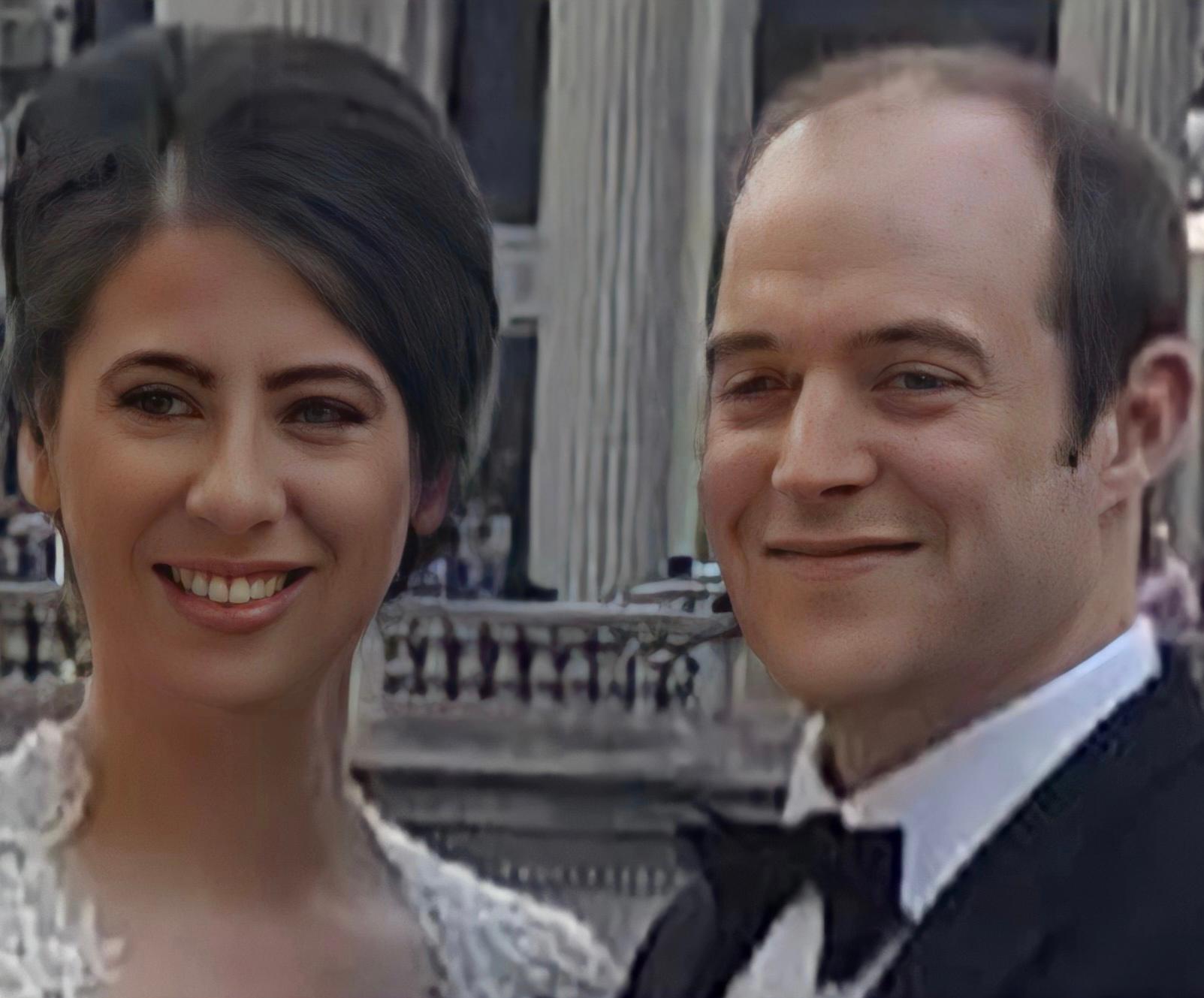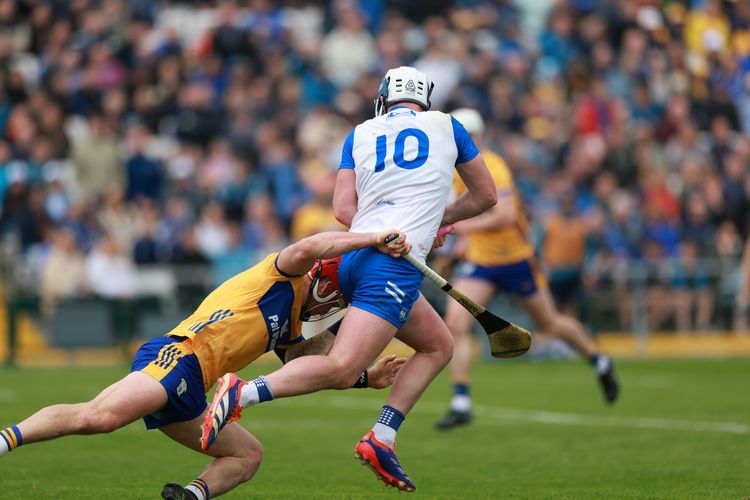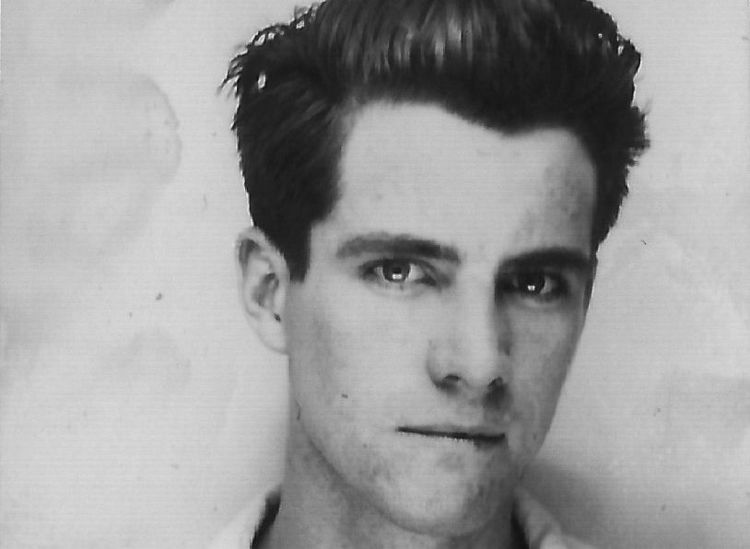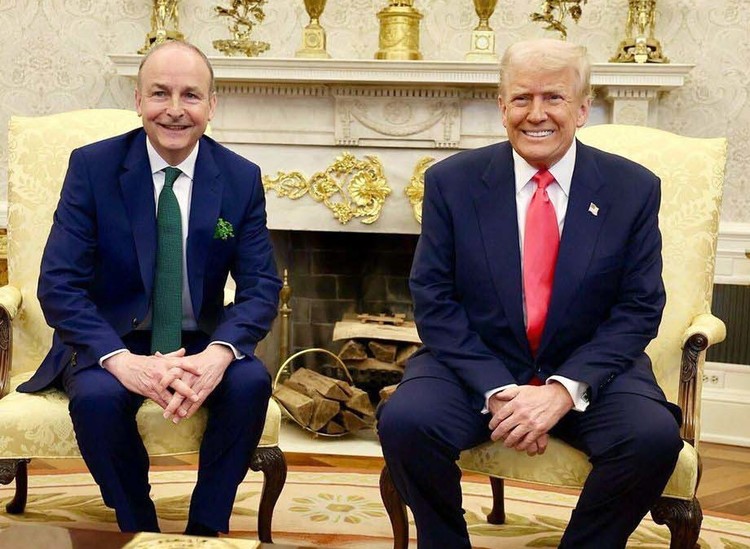David Baum was the ideal person on the scene to assist and to report what he’d witnessed. He’d gone to the Hyland Park Fourth of July parade as a proud grandfather of a 2-year-old who was participating.
“When the shots rang out and others fled, he ran into the fray to try to help the victims,” one report said.
Baum, a long-time obstetrician in Highland Park, described seeing victims with “wartime” and “unspeakable” injuries, inflicted by an attacker’s high-powered weapon.
“The people who were gone were blown up by that gunfire,” Dr. Baum said. “The horrific scene of some of those bodies is unspeakable for the average person.
“Having been a physician, I’ve seen things in ERs, you know, you do see lots of blood. But the bodies were literally — some of the bodies — there was an evisceration injury from the power of this gun and the bullets.
“There was another person who had an unspeakable head injury. Unspeakable,” he told CNN.
According to the CNN report, “Baum said there were at least three doctors, a nurse and a nurse practitioner, who joined him in treating victims. He recalled paramedics covering up victims who they knew were dead at the scene.”
We know now that the carnage was caused by Bobby Crimo, the 21-year-old son of a local store owner and 2019 mayoral candidate, who shimmied up a building and fired on the Hyland Park parade from a rooftop perch. Among the injured is 8-year-old Cooper Roberts, who is permanently disabled from the waist down. The youngest of the murder victims were Kevin McCarthy and Irina McCarthy, 37 and 35, parents of a 2-year-old Aiden, who was initially found at the scene under his father’s body. Later, another couple found him alone and brought him to the authorities.
A CNN report datelined Hyland Park, July 8, said: “The Fourth of July parade shooter's location -- concealed on a rooftop along Highland Park's Central Avenue -- made it hard for law enforcement to figure out immediately where bullets were raining from when he opened fire with a semi-automatic rifle, the Illinois city's police chief said Thursday.
"‘The noise was bouncing off the buildings. People were pointing in different directions,’ Chief Lou Jogmen told CNN of the scene of fear and chaos that left seven people dead and dozens more wounded in yet another mass shooting in America.”
Henry Grabar commented in an essay in the online magazine Slate. “It feels like an inflection point in the balance between the right to bear arms and the right to, well, do just about anything else. The triumph of guns is throttling American public life, chipping away at our experience of school, shopping, protest, celebration, debate, electoral politics, and even the writing of laws.”
The last on the list was a reference to a heavily armed audience getting the decisions they wanted during a session of the Michigan Legislature in 2020.
Just 10 days before the Hyland Park massacre, commentary and reporting on gun rights and gun control almost seemed a little abstract, a full month, as it was, after the Uvalde, Texas, massacre of 19 schoolchildren and two teachers.
Fox News website writer Gabriel Hays got an A from his editors, I’m sure, for a June 23 report, the headline and subhead being the clinchers, even if he likely didn’t pen them himself
“Christianity promotes gun culture that allows ‘epidemic of mass shootings,’ claims New York Times essay,” says the headline.
In case that isn’t clear enough, the subhead is “Author linked Christianity to mass shootings because many gun manufacturers and owners are Christian.”
And Hays’s first own paragraph says the essay “claimed that Christianity makes mass shootings more possible.”
I suggest, though, if a 16-year-old student served up the same description in an “article report,” in the manner of an assigned book report, it might receive a C.
The gentleman’s passing grade for the Fox News man would be thanks to the good job he did in summarizing the direct thrust of Peter Manseau’s argument early on in his essay “The Myth of the ‘Good Guy With a Gun’ Has Religious Roots.”
The Fox News account said “Peter Manseau, a religious author, wrote in his Thursday piece, ‘But many of our fellow citizens don’t just own guns, they believe in them. They believe the stories told about guns’ power, their necessity, their righteousness.’
“Manseau theorized that this is what has happened at the intersection of American Christianity and the Second Amendment. He opened his opinion piece with the question, ‘Is our gun problem a God problem?’”
Hays summary continued, “The author attempted to poke a hole in the narrative offered by many religious, Second Amendment supporters, that the problem with mass shootings in America ‘is not guns, it’s hearts without God.’
“But Manseau asked that if ‘declining religiosity’ bears ‘some of the blame,’ then why are so many gun manufacturers, and gun rights supporters Christian. He wrote, ‘Daniel Defense, the Georgia company whose gun enabled the slaughter at Robb Elementary School, presents its corporate identity in explicitly religious terms.’ He mentioned how the company often advertises with Bible verses.”
Manseau continued, according the Fox News man, "Its weapons have now been found at the scene of two mass shootings — Uvalde and Las Vegas — that left a combined total of 81 people dead," he wrote, before claiming that there are plenty of other explicitly Christian gun manufacturers. He also added that ‘evangelicals have a higher rate of gun ownership than other religious groups. Across the country, they account for a significant share not only of the demand but of the supply.’”
Said Hays, “Manseau argued that this Christian intermingling with the Second Amendment takes it a ‘step beyond the ‘natural rights’ argument for gun ownership, which holds that self-defense is a law of nature required to protect life, liberty and the pursuit of happiness.’ Now it’s about God taking ‘an active interest in the availability of assault rifles.’”
The summary went on, “That psychology makes it so that ‘selling weapons is at once a patriotic and a religious act’ for many people, which makes limiting such weapons a harder task. Manseau explained, ‘Proposing limits on what kinds of guns they should be able to buy — or how, when, where and why they can carry them — is akin to proposing limits on who they are and what they should revere.’
“The author then called the ‘Good Guy With a Gun’ trope ‘ultimately a religious vision of a world in which good and evil are at war, where God and firepower make all the difference.’
“Manseau did clarify that ‘The evangelical influence on the sale, use and marketing of firearms in the United States does not mean Christianity is at fault for the recent spate of shootings,’ though elsewhere he wrote that ‘Christian ideas may be contributing to a gun culture that abets our epidemic of mass shootings by helping to keep the nation well armed.’”
A clarification is in order on one point: Manseau doesn’t concede there’s a “natural right” to the latest weapon of war, unregistered and unlicensed.
Manseau did say that the “entwining faith and firearms” has a long history, part of which involved the so-called muscular Christianity movement beginning in 19th century England that when transferred to America “made exemplars of pastors roaming the frontier armed with Bibles and six-shooters.”
This modern “step beyond” beyond the “natural rights” argument, or what he also calls a “subtle shift,” is what brings us to a potentially whole new level of madness.
Even though the Fox News summary includes references to “evangelicals” twice, the effect here is blur such distinctions, and to put Christians, who are persecuted for their beliefs, on one side and the secular, atheistic, secular, Islam-loving, agnostic, immigrant-tolerating, Jewish, liberal New York Times on the other (and rather successfully, too, if the commenters’ reactions are any guide).
We see above, according to Hays, that the Times essayist “claimed” that there are other explicitly Christian gun manufacturers. In fact, “while,” Manseau said, “some might suggest a Christian firearms company is a contradiction in terms,” he named three others aside from Daniel Defense – Spike’s Tactical (Florida), CMMG (Missouri) and Cornerstone Arms (Colorado) – and described some of their uses of Christianity for marketing purposes that lots of their co-religionists would likely find sacrilegious.
The Fox News summary, however, omits anything that many Catholics and mainline Protestants, as well as at least some of the six out of 10 evangelicals who don’t own guns, might be culturally ill at ease with or find downright disturbing.
A 16-year-old student, though, could be relied upon to include some of that, at least for color, and maybe throw in this quote from Rep. Lauren Boebert, “A lot of the little Twitter trolls, they like to say ‘Oh, Jesus didn’t need an AR-15. How many AR-15s do you think Jesus would have had?’ Well, he didn’t have enough to keep his government from killing him.”
Said Manseau, “It was a joke meant to deride and dismiss charges of hypocrisy against followers of a man sometimes called the Prince of Peace arming themselves to the hilt. Yet it was also a view into a fascinating religious development currently underway, one shaped by an understanding that bullets could have prevented the sacrifice at the heart of the Christian faith.”
But to include any of this in the Fox summary would be to describe a culture that vast swathes of America tends to view as unhinged.
There’s no pushback, though, in Hays' piece; the gun-owners are the sole protagonists – extreme maybe at times, but only in the defense of their liberties. There are no buttresses to Manseau’s argument, and without them and other supplemental information, the reader is free to assume he might well be exaggerating or inaccurately generalizing for effect.
However, there’s an even bigger problem and it’s this: the Fox News account is entirely drained of any moral and ethical considerations about violence from Christian or other religious worldviews. Hays artfully stripped anything in Manseau that touched on morality, to the degree that makes his own piece soulless.
An intelligent and sensitive student essayist would hardly fail in that regard. Manseau reference to the data that shows “firearms are more likely to injure their owners or their owners’ families than safeguard them” would surely have a good chance of being mentioned, in that it goes to the heart of the ethical and moral discussion on guns.
The Times essayist said, “Christians have been among the victims. Christian clergy members have rushed to every scene to comfort the survivors. Friends and families have gathered at Christian funerals to mourn the dead.
“As the historian Daniel K. Williams has noted, ‘Gun rights advocacy is not an intrinsic feature of every brand of evangelicalism.’”
Hays omitted Manseau’s recounting of the story of the ultimate good guy with a gun, “soft-spoken plumber and former firearms instructor” Stephen Willeford, who killed with his AR-15 the shooter that attacked the First Baptist Church of Sutherland Springs, Texas, on Nov. 5, 2017. Speaking at the NRA’s Leadership Forum in 2018, he said, “We are the people that stand between the people that would do evil to our neighbors.
“I responded for what God told me to do. The Holy Spirit took care of me. … Each one of you would have done the same thing.”
Manseau ended, “Invoking the name of Jesus, he added, ‘What happened in Sutherland Springs was all him and it’s his glory.’”
It should be pointed out that 26 Christians were already dead in pools of their own blood and it was in this context that Manseau wrote the “Good Guy With a Gun” trope is “ultimately a religious vision of a world in which good and evil are at war, where God and firepower make all the difference.”
From a contrasting theological stance, the New York Times published in the aftermath of the Sutherland Springs massacre an essay from Texan author Richard Parker entitled "Why Christians Must Support Gun Control."
“Mass shootings are, in a way, assaults on the idea of community itself,” Manseau wrote in June. “They occur where there are people gathered — for entertainment, for learning, for shopping, for worship — in the spaces we create together.
“Some believe that such attacks are the fault of armed individuals alone and can be addressed only through armed individual response. Others believe they occur within the framework of what we collectively allow and must have communal solutions.
“That these two positions each have beliefs at their core is one reason our disagreements over guns remain so intractable. We are arguing not just over policy or public health, bans or background checks,” the Times essayist said. “Without quite realizing it, we are also arguing over the theologian Paul Tillich’s definition of faith: a matter of ‘ultimate concern.’”
In his Slate essay, Graber said: “You’d be hard-pressed to find an institution in this country that isn’t buckling under the weight of a gun fetish that has seen domestic firearms production triple since 2000 and a steady rise in mass shootings, as right-wing courts and state legislatures repeal rules and politicians and gunmakers stoke fears of tyranny and civil war.”
To give some sense how far we’ve come, he said, the “idea that the display of weapons is menacing, antisocial behavior that degrades public life, regardless of whether anyone gets hurt, is a very old one” and cites the example of armed raiders being banned from markets and fairs back in 14th century England.
Grabar added, “Most U.S. states adopted laws against ‘brandishing’ in the 19th century, and in 1874, the Georgia Supreme Court, in a typical piece of reasoning about the limited scope of the Second Amendment, wrote, ‘The practice of carrying arms at courts, elections and places of worship, etc., is a thing so improper in itself, so shocking to all sense of propriety’ that the Framers could never have intended it.”
This piece appeared in the July 26 issue of the Irish Echo.








